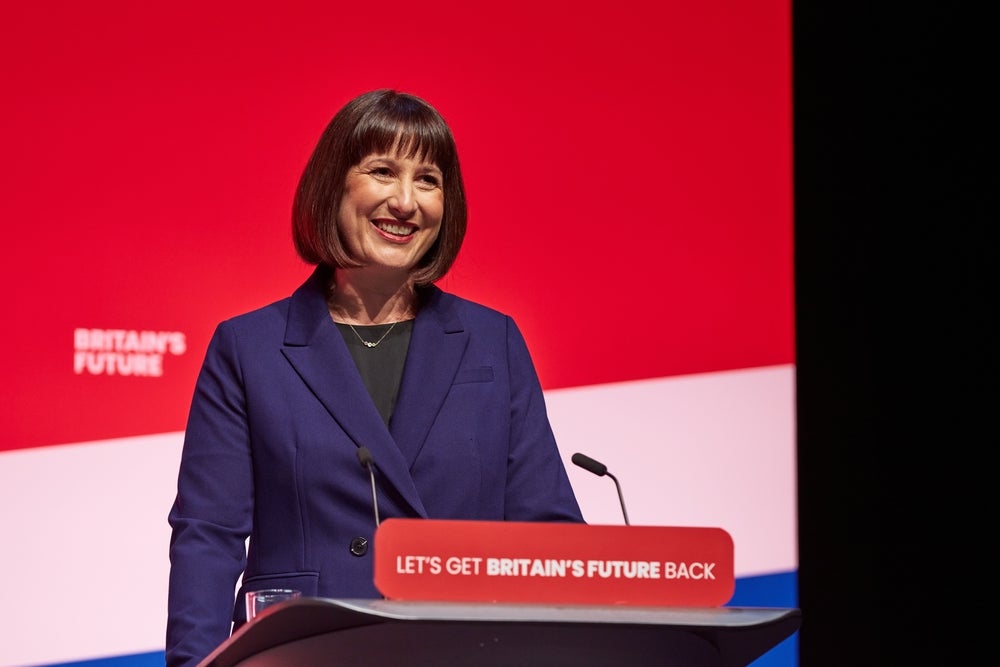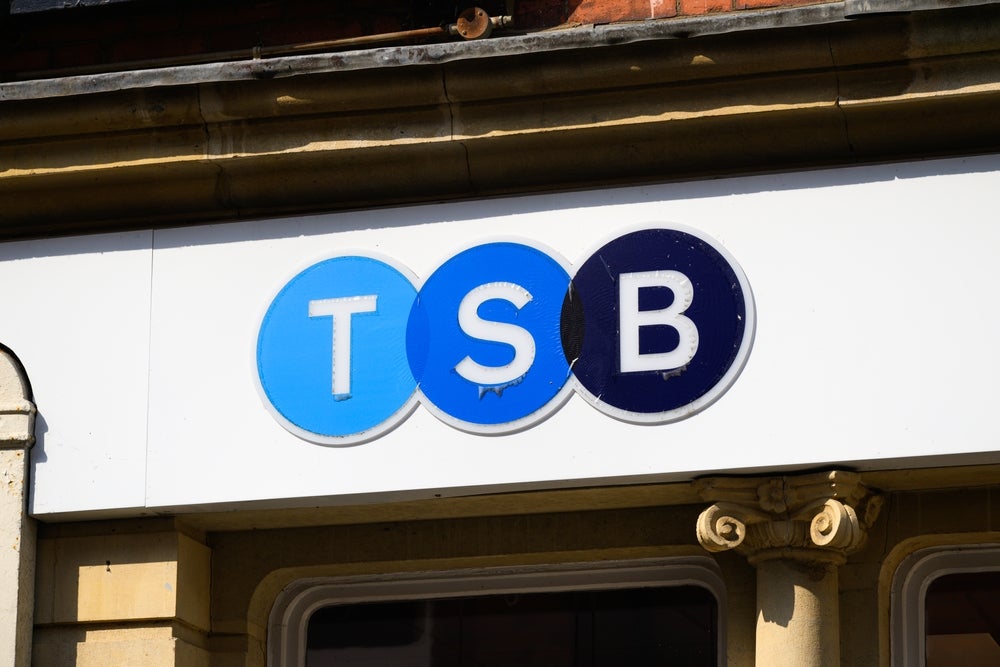
Bibby Financial Services (BFS) has seen an increase in enquiries relating to export, trade finance and currency exchange support since the Brexit referendum.
Mark Lindsay, managing director of Trade and International at BFS said: “We have seen an increase in enquiries for export and trade finance, and foreign exchange services since the outcome of the referendum was known. We’re seeing business owners either looking to ramp up export quantities while exchange rates are favourable or – for those importing goods – protect themselves against further currency volatility.
“Many of the SMEs we speak with export to EU member states so the outcome of the government’s post-Brexit trade negotiations are critical.”
Pre-Brexit
BFS found in research undertaken in June before the EU referendum that the proportion of businesses investing in overseas trade increased to 12% – more than double that in Q3 2015 and the highest since the start of 2014.
Lindsay said: “Though much talk prevails about the challenges businesses face in the wake of the referendum, there are also opportunities. With a weaker pound, many SMEs – particularly those who manufacture or source components from within the UK – are looking to increase export volumes with customers overseas.”
How well do you really know your competitors?
Access the most comprehensive Company Profiles on the market, powered by GlobalData. Save hours of research. Gain competitive edge.

Thank you!
Your download email will arrive shortly
Not ready to buy yet? Download a free sample
We are confident about the unique quality of our Company Profiles. However, we want you to make the most beneficial decision for your business, so we offer a free sample that you can download by submitting the below form
By GlobalDataDespite the increase in those investing in overseas trade, the report did, however, reveal an overall drop in investment intentions across businesses, with over a third (39%) of SMEs not looking to invest over the next three months. For more than a quarter (27%), the uncertain economic environment in the UK was the reason for not investing in Q2.







